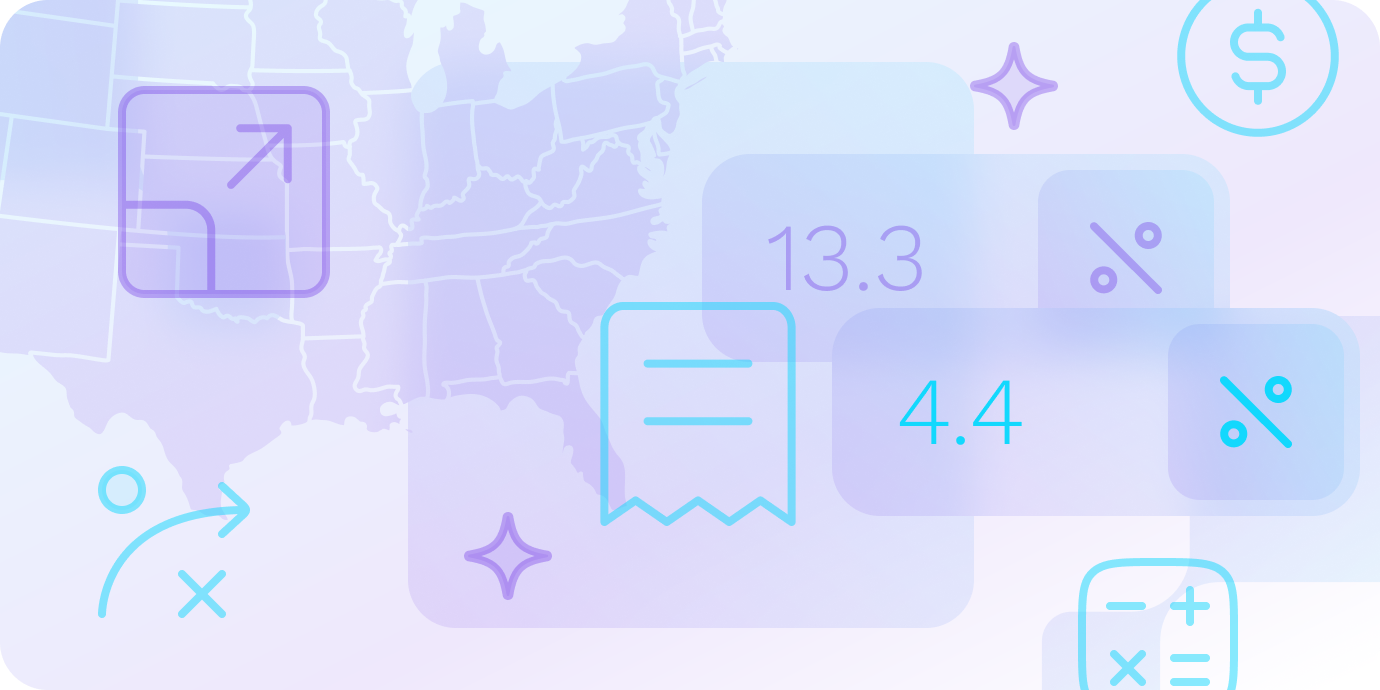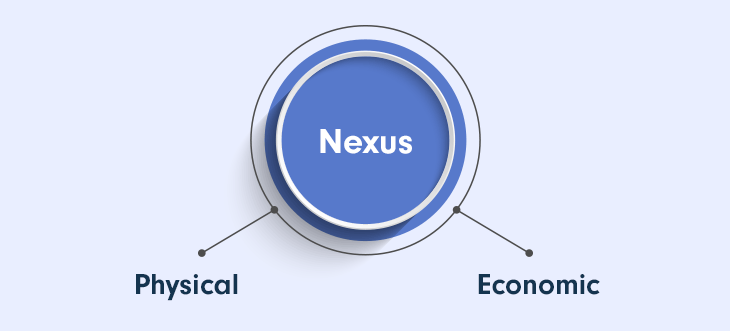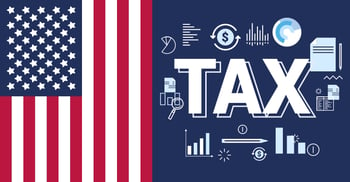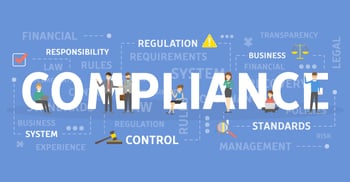U.S. Sales Tax for SaaS: The Ultimate Compliance Guide

Scaling a SaaS business brings growth—but also serious sales tax complexity. As your software company expands across the U.S. and enters international markets, managing sales tax compliance becomes a major operational challenge. You need to understand evolving tax laws, navigate 14,000+ U.S. jurisdictions, and stay audit-ready across regions.
The solution? Work with a Merchant of Record (MoR) like PayPro Global.
An MoR handles the burden of sales tax compliance, so you can focus on growing your business—not managing red tape.
What Is Sales Tax?
Sales tax is a consumption tax charged on goods and services at the point of sale.
In the U.S., sellers collect it from customers and remit it to state or local tax authorities. For SaaS businesses, the rise of digital goods and remote transactions has made compliance far more complicated.
Why is U.S SaaS Sales Tax So Complex for Scaling Businesses?
Many factors contribute to the complexity of sales tax compliance and financial reporting within the United States, and each one is crucial for SaaS companies to understand. Let’s start with the most critical elements to get to grips with if you are scaling your business:
Understanding U.S Nexus Legislation
What Is Nexus
Nexus is the connection between your business and a tax jurisdiction that requires you to collect and remit sales tax.

Physical and Economic Nexus
A physical nexus means that any business with sufficient physical presence in a specific jurisdiction must pay tax rates there. This presence includes having a property in a jurisdiction or employees working there.
Economic nexus refers to a threshold of economic activity after which a business must pay taxes in a particular jurisdiction. This is usually measured in terms of a monetary threshold, the total number of transactions over a specific period of time, or both.
How Did South Dakota v. Wayfair Change Everything?
In 2018, the U.S. Supreme Court ruled in favor of South Dakota, allowing states to enforce economic nexus laws.
Now, simply selling SaaS into a state—without any physical presence—can create a tax obligation. Most states quickly adopted their own thresholds post-Wayfair, changing the game for software and digital product sellers.
What Makes Sales Tax Management Hard for SaaS Companies?
1. 14,000+ Tax Jurisdictions in the U.S.
Each state—and often counties and cities within them—has its own rules, thresholds, and filing requirements.
This means:
Varying tax rates
Conflicting deadlines
Unique exemptions or taxable product definitions
Example: A SaaS subscription might be fully taxed in Texas, partially taxed in New York, and exempt in California.
Did you Know?
PayPro Global's MoR platforms ensure complete monitoring and handling of tax in all US-tax jurisdictions.
2. Taxability of Digital Goods Varies
Not all software or digital goods are taxed the same.
Whether it’s a subscription, downloadable software, in-app purchase, or cloud service, each state categorizes and taxes them differently.
B2B vs. B2C: Some states exempt B2B transactions with a resale or exemption certificate, while others don’t distinguish between B2B and B2C sales.
Managing Sales Tax Internally vs. With a Merchant of Record (MoR)
|
Challenge |
In-House |
PayPro Global (MoR) |
|
Multi-state registration |
Manually register in every jurisdiction |
PayPro registers and manages on your behalf |
|
Filing frequency |
Track monthly, quarterly, annual filings |
Filing fully managed |
|
Economic/physical nexus tracking |
Internal monitoring required |
Automated detection and compliance |
|
Rate changes and law updates |
Manual research and system updates |
Real-time updates and handling |
|
Audit readiness |
Maintain thorough records and documentation |
Full audit support provided |
|
Global tax compliance |
Research and manage international VAT/GST |
Global tax managed end-to-end |
With PayPro Global, you eliminate risk, reduce overhead, and ensure full global compliance without 3rd-party integrations or hidden costs.
eCommerce Partner
Thrive with the industry's most innovative all-in-one SaaS & Digital Goods solution. From high-performing payment and analytics tools to complete tax management, as well as subscription & billing handling, PayPro Global is ready to scale your SaaS.
Sell your SaaS globally with PayPro Global!
Common Misconceptions About SaaS Sales Tax
“If I’m online-only, I don’t have to collect sales tax.”
False. Post-Wayfair, economic nexus applies in most states.
“I’m exempt if I only sell B2B.” Not necessarily. Many states still require tax collection unless valid exemption certificates are filed.
“Once I register, I’m good.”
No. You must stay current on filings, rate changes, taxable thresholds, and audit requirements.
How Remote Work Impacts Nexus Obligations
Having remote employees in a state creates physical nexus.
Many SaaS companies with distributed teams unknowingly trigger new tax obligations. If a developer works from North Carolina, you may be responsible for collecting sales tax from customers in that state—even if your HQ is elsewhere.
Key Tax Considerations When Scaling a SaaS Business
1. Register in All Applicable States
Obtain a sales tax ID where you meet physical or economic nexus.
2. Know What's Taxable
Understand how each state treats SaaS, subscriptions, downloadable content, and in-app purchases.
3. Monitor B2B Vs. B2C Transactions
Track exemption certificates and understand which customer types are taxable.
4. Track Revenue Thresholds
States have different thresholds and evaluation periods. Know where you're close to crossing over.
Keep detailed transaction records, tax payments, and exemption certificates.
6. File In Time
Some states require monthly filings, others quarterly or annually. Track deadlines closely.
7. Avoid Penalties
Penalties for non-compliance can include fines, interest, and even criminal charges.
8. Stay Updated
Tax laws change frequently. Working with a partner like PayPro Global ensures you’re always compliant.
How to Choose the Right Merchant of Record for SaaS Tax Compliance
When evaluating an MoR, consider:
- Tax Expertise: Deep knowledge of SaaS and digital product taxability.
- Global Reach: Handles VAT, GST, and U.S. sales tax.
- Smooth Integration: Easy setup with your existing systems and checkout flows.
- Audit Support: Offers documentation and defense in audits.
- Transparent Pricing: No hidden fees or 3rd-party integrations.
PayPro Global checks all these boxes and more—acting as the legal seller and remitting taxes on your behalf worldwide.
Why Choose PayPro Global as Your SaaS Sales Tax Partner?
PayPro Global’s MoR solution is purpose-built for SaaS, software, and gaming companies. Here’s what sets us apart:
No integrations or add-ons needed
Handles 100% of sales tax registration, filing, and remittance
Supports global digital tax compliance (VAT, GST, U.S. sales tax)
Manages changes in laws and thresholds automatically
Full audit protection and historical liability handling
Conclusion
Sales tax compliance in the U.S.—and globally—is a heavy lift for scaling SaaS companies.
With different laws in every jurisdiction, the risk of error, fines, or legal consequences is high. Trying to manage it internally can distract from core business goals.
Partnering with a Merchant of Record like PayPro Global removes the tax burden entirely.
From registration to filing to audits, we handle the complexity—so you don’t have to.
Book a free call with our team today and let PayPro Global simplify your tax compliance.
FAQs
Why do I have to collect sales tax without a physical office in a state?
You are required to collect sales tax due to economic nexus laws. If your sales into a state exceed its revenue or transaction threshold, you must collect and remit sales tax there, even with no physical presence. This is a result of the South Dakota v. Wayfair Supreme Court case.
How do remote employees affect my company's sales tax?
A remote employee automatically creates physical nexus in the state where they reside. This means your business is immediately required to register and collect sales tax in that state, regardless of where your headquarters is located.
What is the best way to handle global SaaS sales tax?
The most effective solution is partnering with a Merchant of Record (MoR). An MoR is an all-in-one partner that acts as the legal seller of your product, taking on full liability for payments and compliance. It automatically handles US sales tax registration, calculations, and filing, and also manages international taxes like European VAT and GST, removing the entire burden from your team.
Hanna Barabakh
Hanna Barabakh is a language and content specialist passionate about SaaS, technology, and e-commerce. Her expertise in multilingual content, connected to her background in Lexicography and Translation Studies, allows her to communicate complex ideas across cultures easily. She uses her knowledge to create engaging content that resonates with global audiences. In her spare time, she enjoys reading and exploring new ideas.
-
1.Explore PayPro Global's Solutions: See how our platform can help you streamline your payment processing and boost revenue.
-
2.Get a Free Consultation: Discuss your specific needs with our experts and discover how we can tailor a solution for you.
-
3.Download our Free Resources: Access valuable guides, checklists, and templates to optimize your online sales.
-
4.Become a Partner: Expand your business by offering PayPro Global's solutions to your clients.
- Because digital products tax regulations are always changing and there are many U.S. jurisdictions, SaaS sales tax compliance is complicated.
- Online SaaS companies are required to collect sales tax in numerous jurisdictions due to the economic link following South Dakota v. Wayfair.
- To manage the intricacies of sales tax and concentrate on expanding your company, use a Merchant of Record such as PayPro Global.
Get the latest news


-1.webp?width=350&height=250&name=header_mor_web%20(1)-1.webp)
